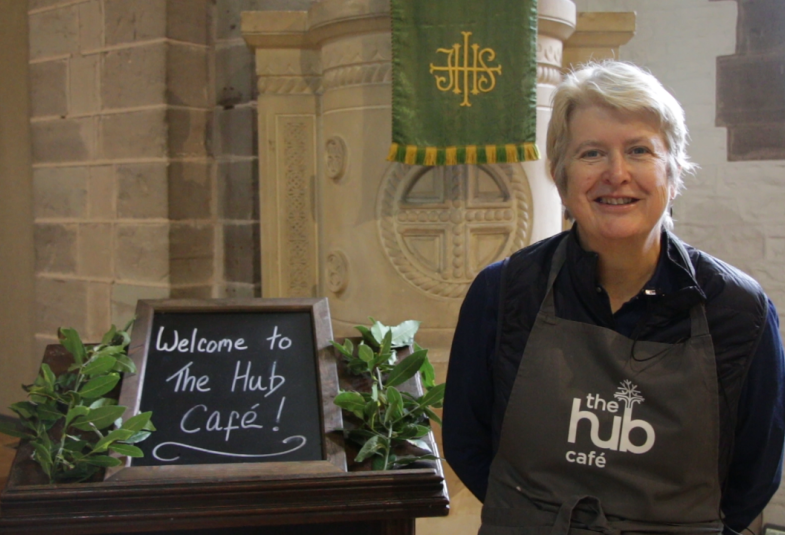How are you going to manage the new activities after the building work is finished? If your project is big, you might have to set up a separate company.
We can help you understand your options and choose the structure that gives you the right level of control.
Download the toolkit
- Chapter four: Governance (3.56 MB)

Option 1: registered charity
Charities have four different legal structures.
If your charity makes over £5,000, you have to register with the Charity Commission. You also need to send them an annual report and your accounts, and let them know if the management of your organisation changes.
Get help choosing the right structure for you and write your governing document
“Get legal and financial advice to ensure you fully understand the different options. […] If you get this wrong, it can cause pain and expense in the long run.”
Crossing the Threshold
Option 2: social enterprise
A social enterprise is a business with social objectives where profits are put back into the company or the community.
There are four types of social enterprises.
They are not charitable organisations, so some funders will not give them grants. But the government does offer tax relief to companies who invest in them.
You need to be confident that you can raise enough money before committing to this kind of structure.
What if my project is small?
If your project is small, then maybe the Parochial Church Council can run it.
You might want to set up a sub-committee of the PCC to manage the new activities into the future. Include people from the church and the community.
Lay down some ground rules:
- What are the levels of authority?
- Who is responsible for what?
- What is the role of the sub-committee?
- Can they take decisions? Or just make recommendations?
Write your terms of reference document. It should explain the roles and responsibilities of the PCC and the sub-committee, and how the relationship between them works.
Remember:
A PCC is a corporate body.
This means that an authorised member can sign documents on behalf of the group. And the group, as a whole, is responsible for honouring a contract or agreement.
Sharing the church building with the new company
If you decide to create a company to run the new activities inside the church, then you need to think about how you will share the space between you.
Whichever option you choose, write the agreement down.
Important things to remember
Case studies
- Case study: St John Fernham (445.28 KB)
- Case study: St John Stadhampton (603.29 KB)
- Case study: St James & Emmanuel Didsbury (191.95 KB)
- Case study: St Germans Priory (240.75 KB)
- Case study: All Saints Northampton (281.38 KB)
Next steps
To make your vision become a reality you need to start thinking about:

